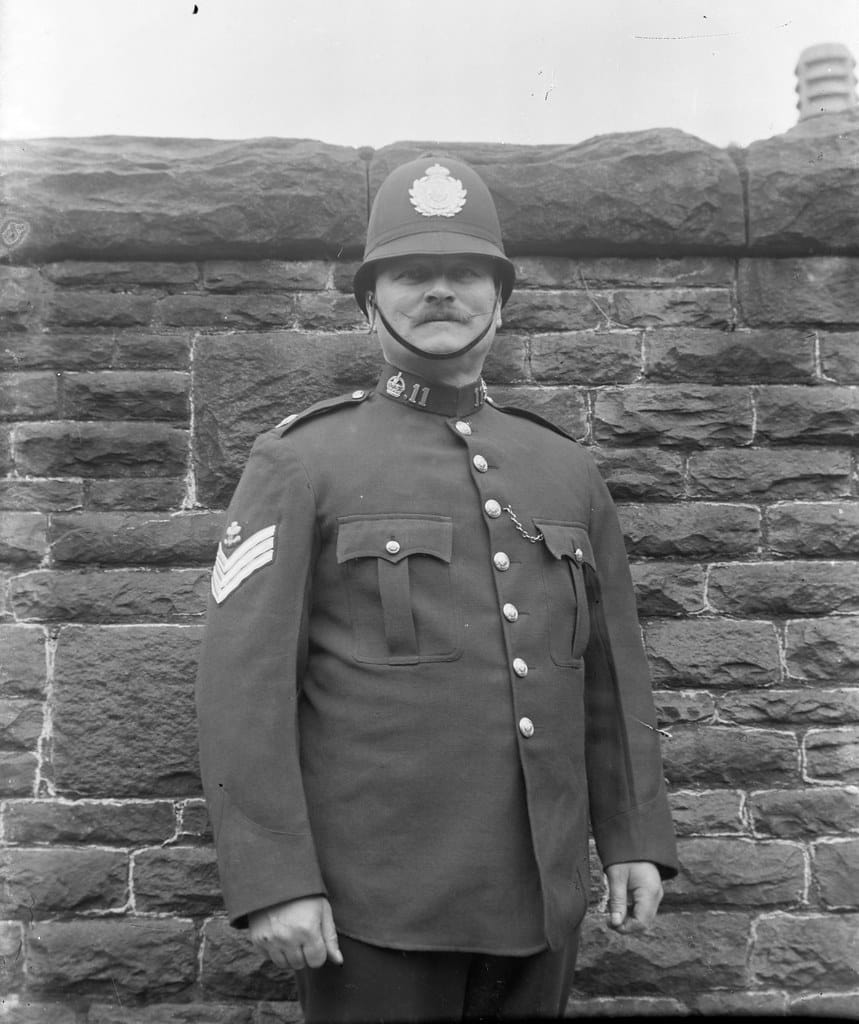UK Police Offer £81 Million to Digitize Massive VHS Evidence Archive
A staggering treasure trove of criminal evidence sits gathering dust in police storage rooms across the UK, as forces scramble to preserve decades of investigations before analog technology becomes obsolete forever.
The UK's police forces are dangling a massive £81 million (approximately $102 million) contract to digitize their sprawling archives of VHS tape evidence, highlighting both the urgent need to preserve crucial criminal records and the mounting costs of technological obsolescence in law enforcement.
This unprecedented digitization effort represents one of the largest evidence preservation projects in British policing history, as forces race against time to convert analog recordings before the technology to play them disappears entirely.
The Scale of the Challenge
The sheer volume of VHS tapes requiring digitization is staggering. Police forces across England and Wales have accumulated millions of hours of recorded evidence spanning three decades, from the 1980s through the early 2000s. These tapes contain everything from suspect interviews and witness statements to surveillance footage and crime scene recordings.
"We're talking about potentially hundreds of thousands of individual tapes," explains a senior police technology official who requested anonymity. "Each one could contain evidence that might be crucial for ongoing investigations, cold cases, or future appeals."
The magnetic tape format presents unique preservation challenges. Unlike digital files, VHS tapes degrade over time, with image quality deteriorating and audio becoming increasingly difficult to discern. Worse still, the specialized equipment needed to play these tapes is becoming increasingly scarce as manufacturers have long since discontinued production.
Why This Matters Now
The urgency behind this massive digitization effort extends far beyond simple archival concerns. Criminal cases can remain active for decades, and evidence from old tapes has proven crucial in solving cold cases and supporting appeals.
Recent high-profile cases have demonstrated the ongoing importance of historical evidence. The conviction of serial killer Peter Tobin in 2008 relied partly on witness interviews recorded on VHS in the 1990s. Similarly, the 2016 conviction of a police officer for historic sexual offenses hinged on evidence preserved on analog tapes from the 1980s.
The legal implications are equally significant. Under UK law, police forces have a duty to preserve evidence that could be relevant to ongoing or future proceedings. Allowing these tapes to become unplayable could potentially undermine prosecutions or provide grounds for successful appeals.
Technical and Logistical Hurdles
The digitization process itself presents numerous technical challenges. Many of the tapes are stored in various formats - from standard VHS to professional Betacam and Hi8 recordings. Each format requires specialized equipment and expertise to ensure proper conversion without loss of quality.
Quality control represents another major concern. Legal evidence must meet strict standards for authenticity and chain of custody. The digitization process must be meticulously documented to ensure the converted files would be admissible in court.
The winning contractor will need to establish secure facilities with climate-controlled environments, implement robust data security measures, and provide detailed audit trails for every tape processed. They'll also need to work closely with forces across the country to transport and catalog the evidence safely.
The Broader Context
This digitization effort reflects a wider challenge facing institutions worldwide as they grapple with obsolete technology formats. The BBC famously spent millions recovering and digitizing archived television programs, while the British Library continues extensive efforts to preserve digital heritage.
For police forces, however, the stakes are uniquely high. Unlike historical archives that might be of primarily cultural value, these tapes contain evidence that could make the difference between justice served and justice denied.
The £81 million price tag, while substantial, represents a necessary investment in the integrity of the justice system. The alternative - allowing crucial evidence to become permanently inaccessible - could prove far more costly in terms of failed prosecutions and public trust.
Looking Forward
The successful digitization of these archives will create a comprehensive digital evidence repository that will be far easier to search, access, and preserve for future generations. Modern digital storage systems offer better security, easier backup procedures, and the ability to quickly locate specific evidence using advanced search tools.
This massive undertaking serves as a stark reminder of the importance of forward-thinking technology policies in law enforcement. As police forces increasingly rely on digital evidence collection, the lessons learned from this analog-to-digital transition will prove invaluable for managing future technological shifts in criminal justice.
